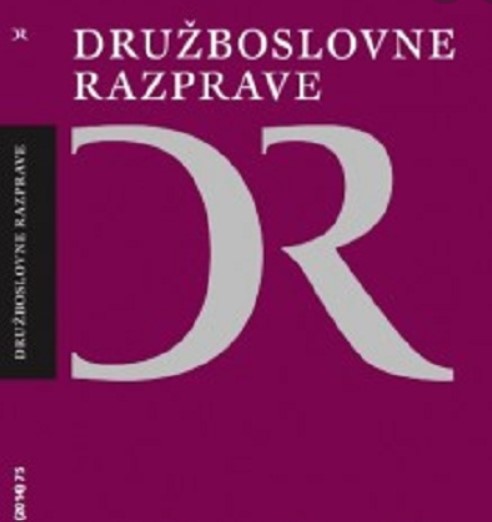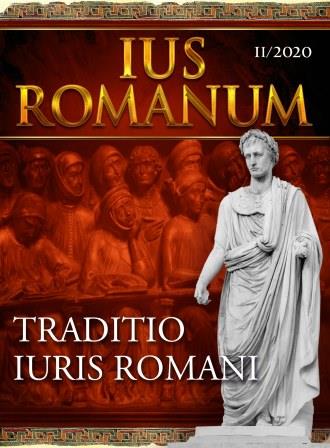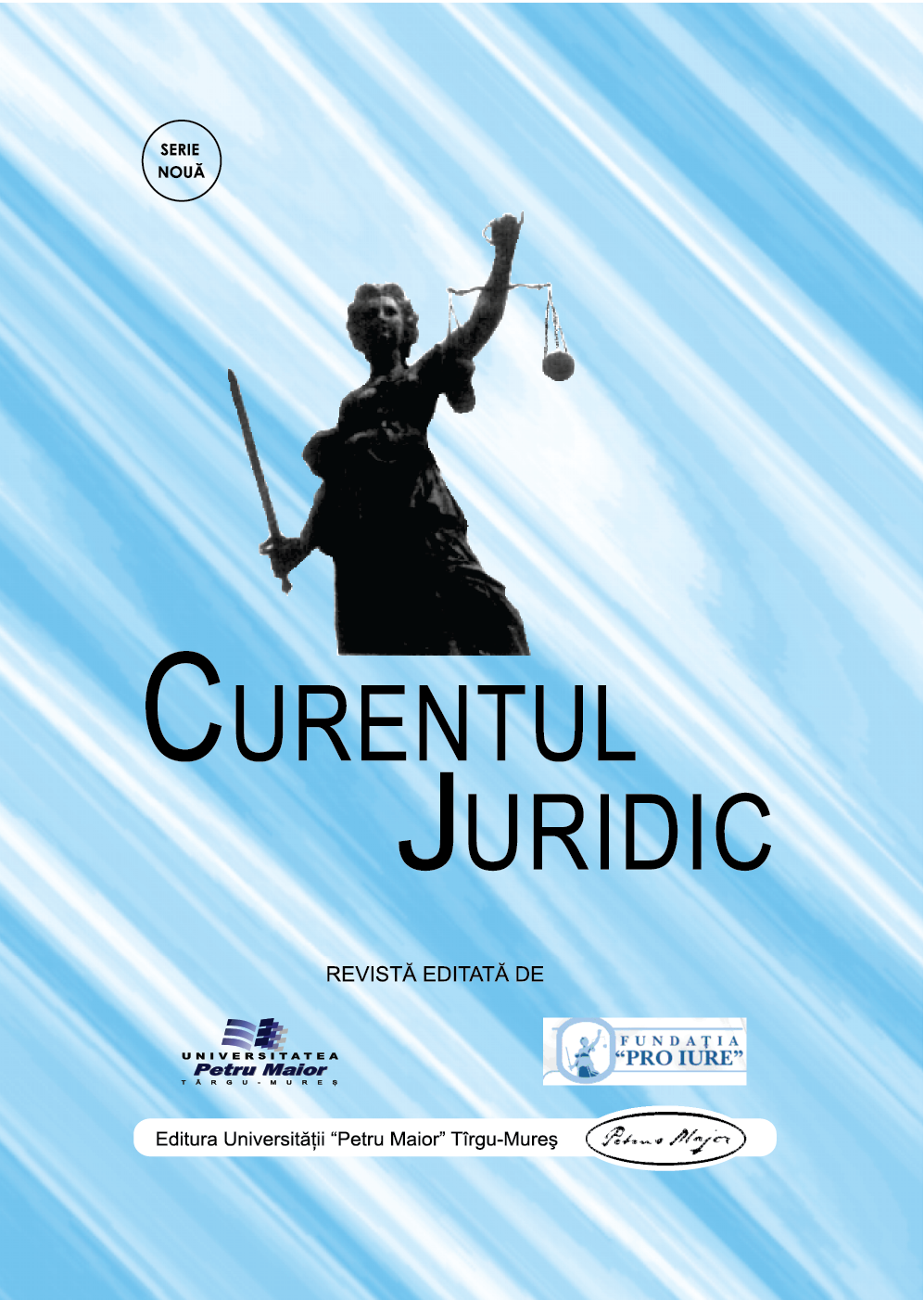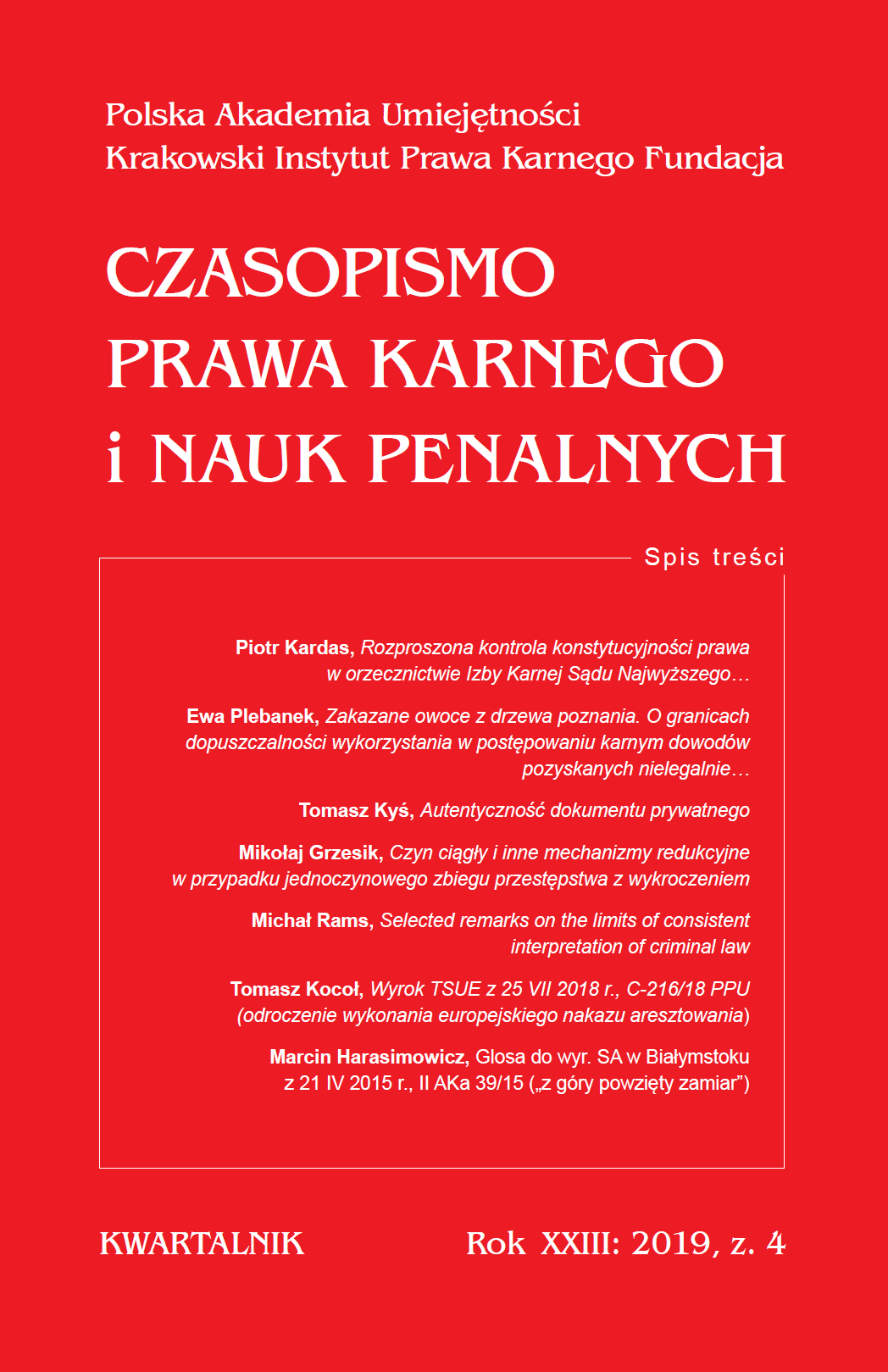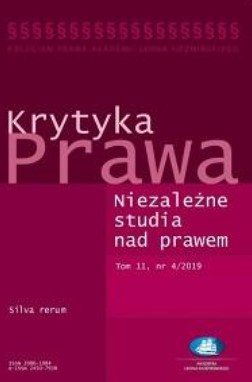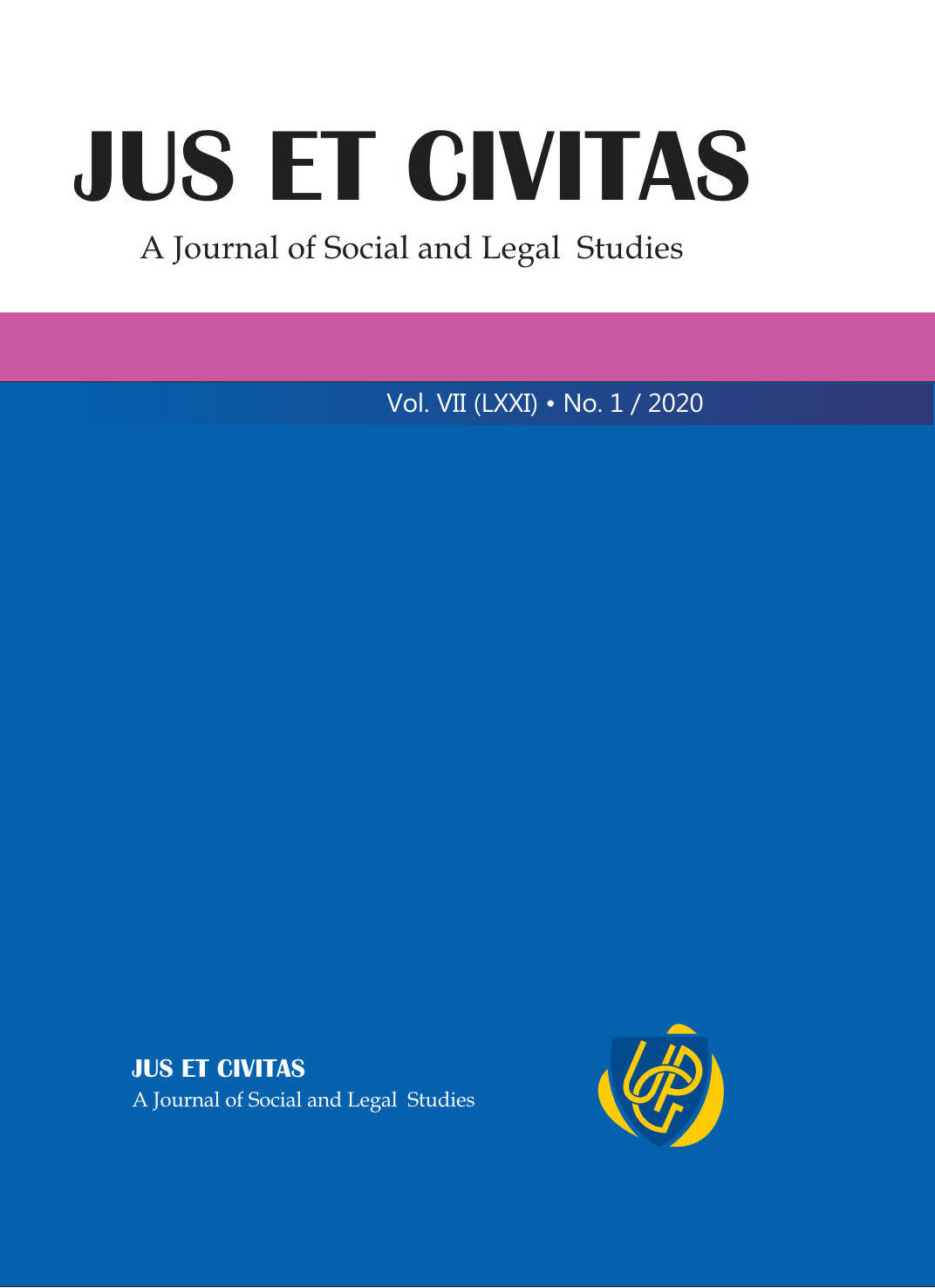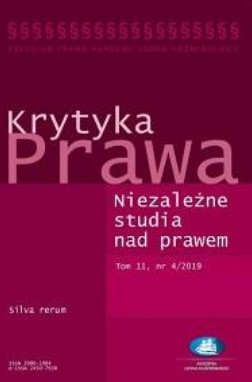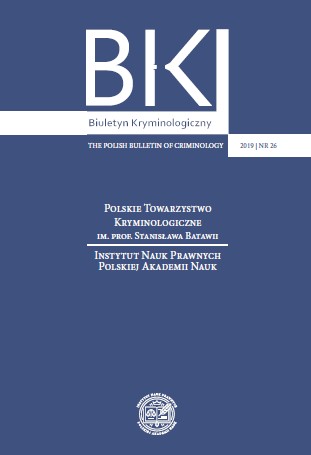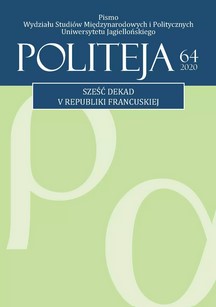Author(s): Agnieszka Kurniewicz / Language(s): Polish
Issue: 26/2019
In the light of critical remarks and opinions with respect to the Act of 29 July 2005 on the prevention of domestic violence, issues relating to how to protect children against abuse by parents and guardians have been regulated in recent amendments therein. It was considered that children form a special category of victims of domestic violence, and violence against children, in its various dimensions, should be treated as the greatest cruelty. It does not matter in which aspect of life the violence occurs, whenever it is given the attribute of unlawfulness, it should be meticulously eliminated through the introduction of measures that would prevent it in the future. In addition, the obligation to consider the good of the child is a basic interpretative rule in the interpretation of the provisions of the Family and Guardianship Code governing relations between parents and children. The importance of the principle of protecting the best interests of the child goes beyond the order of national law and has its source in the Convention on the Rights of the Child, applicable in Poland since 7 July 1991. Supreme Court case law emphasizes the importance of Art. 3 of this Convention as a general directive applied when considering conflicts of parents regarding the provision of childcare. In view of the above, on 25 June 2010, the Sejm of the Republic of Poland adopted an amendment to the Act, under which an effective fight against the phenomenon of violence against children was started, and protection against child abuse was provided. One of the provisions effective since 1 August 2010 is the regulation contained in Art. 12a in a new wording, according to which, in the event of a direct threat to the child’s health or life due to domestic violence, a social worker, together with a policeman and a health care worker, may remove a child from their family and place the minor in a safe place. It should be noted that the adopted provision should apply only in such special situations, when a social worker, while performing official activities, is a witness to a situation that threatens the life or health of the child, including carers who are unable to care for the child due to drunkenness, or show aggression towards the child, or where the child’s carers have left them alone. In such circumstances, there is a fear that the lack of intervention will result in irreversible consequences that can lead to tragedy. In addition, during the police intervention pursuant to Article 72 of the Polish Constitution, a child may be taken away from his family in crisis situations requiring immediate child care, in which the child is seen as a victim of violence or whose parents, being intoxicated, are not able to take care of the child. The article discusses the procedure of a child being taken from their parents by a social worker due to the occurrence of domestic violence, and a child being taken from their relatives in crisis situations encountered during police intervention.
More...


